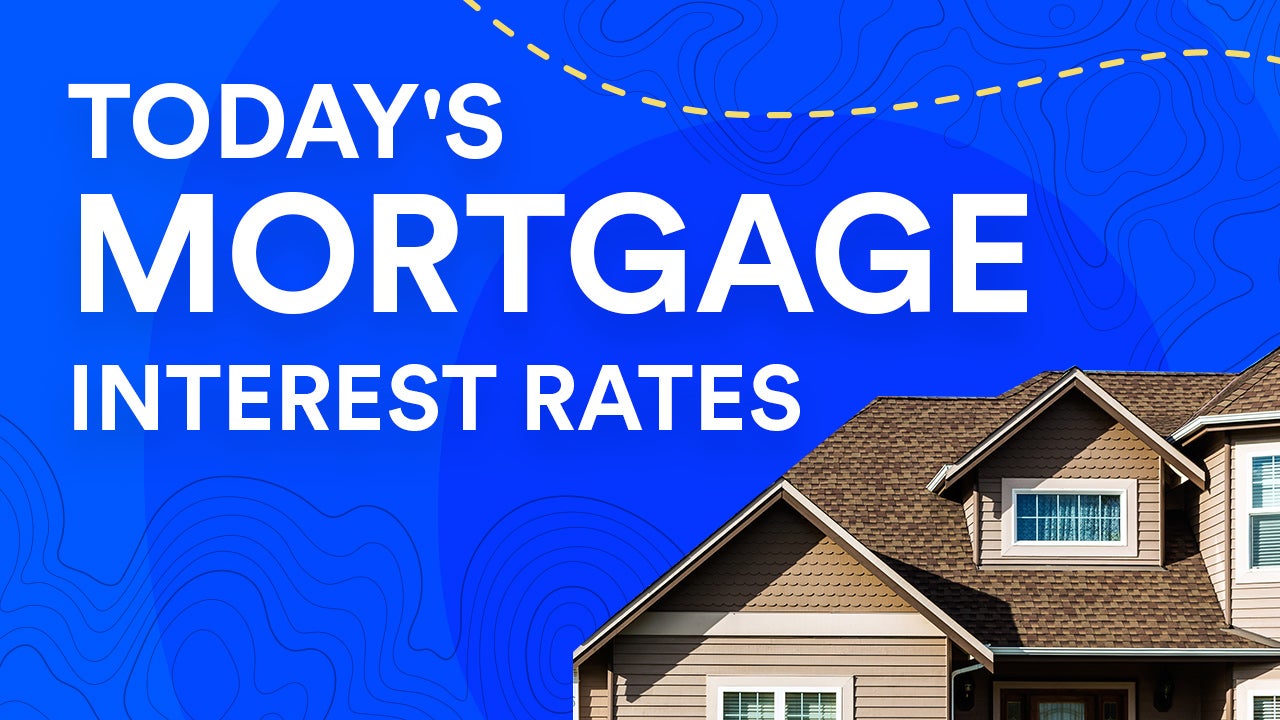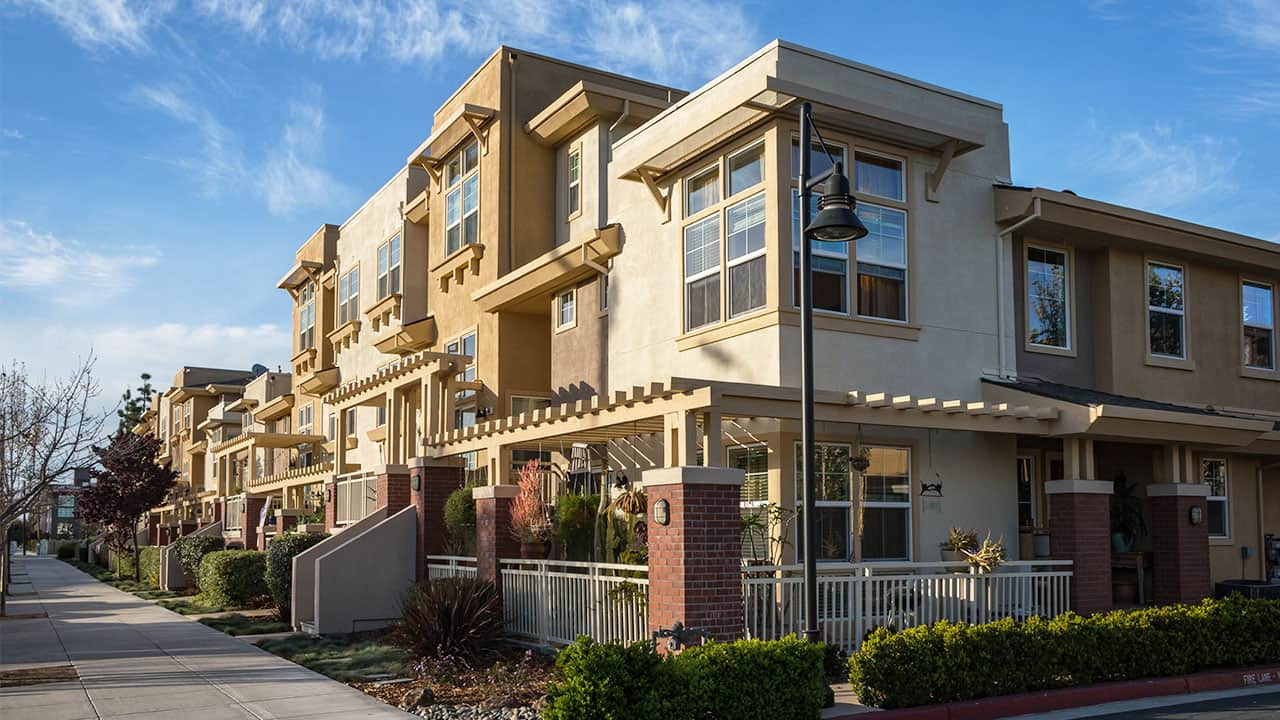Senior citizens who are relying on using their home equity to assist fund transition to helped living; those who wish to keep their house in the household or preserve their inheritance for their beneficiaries. Borrowers currently paying above-market rate of interest; customers who want to reduce their loan term; customers who want to change an ARM with a more foreseeable fixed-rate; customers dealing with a balloon payment.
House owners seeking a home equity loan who would also take advantage of refinancing their current home mortgage. Homeowners seeking a house equity loan who would gain little or no cost savings from refinancing their present mortgage. Underwater debtors or those with less than 20 percent house equity; those seeking to re-finance at a lower interest rate; debtors with an ARM or upcoming balloon payment who wish to transform to a fixed-rate loan.
Newbie homebuyers, buyers who can not install a large down payment, debtors acquiring a low- to mid-priced house, purchasers seeking to buy and improve a home with a single home loan (203k program). Debtors buying a high-end house; those able to install a deposit of 10 percent or more.
Non-veterans; veterans and active duty members who have actually https://www.globenewswire.com/news-release/2020/06/25/2053601/0/en/Wesley-Financial-Group-Announces-New-College-Scholarship-Program.html exhausted their basic privilege or who are aiming to acquire investment property. Novice buyers with young families; those currently residing in congested or out-of-date real estate; homeowners of backwoods or small communities; those with limited incomes Urban occupants, homes with above-median incomes; single persons or couples without children.
One of the first questions you are bound to ask yourself when you wish to purchase a home is, "which home mortgage is best for me?" Essentially, purchase and refinance loans are divided into fixed-rate or adjustable-rate home loans. Once you choose fixed or adjustable, you will likewise require to consider the loan term.
Long-lasting fixed-rate mortgages are the staple of the American mortgage market. With a fixed rate and a repaired month-to-month payment, these loans provide the most steady and predictable cost of homeownership. This makes fixed-rate home loans really popular for property buyers (and refinancers), especially at times when rate of interest are low - on average how much money do people borrow with mortgages ?. The most common term for a fixed-rate mortgage is thirty years, however shorter-terms of 20, 15 and even 10 years are also offered.
The Main Principles Of How Many Mortgages Can You Take Out On One Property
Because a higher monthly payment restricts the amount of home loan a given income can support, many homebuyers decide to spread their monthly payments out over a 30-year term. Some mortgage loan providers will allow you to personalize your home loan term to be whatever length you desire it to be by adjusting the monthly payments.
Because regular monthly payments can both rise and fall, ARMs bring threats that fixed-rate loans do not. ARMs work for some borrowers-- even very first time borrowers-- but do require some extra understanding and diligence on the part of the consumer. There are knowable risks, and some can be managed with a little planning.

Traditional ARMs trade long-lasting stability for routine changes in your rate of interest and monthly payment. This can work to your benefit or drawback. Traditional ARMs have interest rates that adjust every year, every 3 years or every 5 years. You may hear these referred to as "1/1," "3/3" or " 5/5" ARMs.
For example, preliminary rates of interest in a 5/5 ARM is repaired for the very first 5 years. After that, the rates of interest resets to a new rate every 5 years until the loan reaches completion of its 30-year term. Standard ARMs are usually used at a lower preliminary rate than fixed-rate mortgages, and usually have repayment regards to 30 years.
Of course, the reverse is real, and you might wind up with a greater rate, making your mortgage less economical in the future. Keep in mind: Not all lenders provide these items. Conventional ARMs are more favorable to homebuyers when interest rates are fairly high, because they provide the possibility at lower rates in the future.
Like traditional ARMs, these are normally offered at lower rates than fixed-rate mortgages and have overall repayment terms of thirty years. Because they have a variety of fixed-rate durations, Hybrid ARMs provide debtors a lower initial rates of interest and a fixed-rate mortgage that fits their anticipated time frame. That said, these items carry dangers considering that a low set rate (for a couple of years) might concern an end in the middle of a higher-rate environment, and month-to-month payments can leap.
The Buzz on How To Reverse Mortgages Work If Your House Burns
Although frequently gone over as though it is one, FHA isn't a mortgage. It stands for the Federal Real Estate Administration, a government entity are timeshares worth the investment which essentially runs an insurance coverage swimming pool supported by charges that FHA mortgage debtors pay. This insurance coverage swimming pool essentially eliminates the risk of loss to a lending institution, so FHA-backed loans can be provided to riskier borrowers, particularly those with lower credit report and smaller down payments.
Popular amongst newbie homebuyers, the 30-year fixed-rate FHA-backed loan is available at rates even lower than more traditional "adhering" home mortgages, even in cases where customers have weak credit. While down payment requirements of as little as 3. 5 percent make them particularly appealing, borrowers must pay an upfront and annual premium to money the insurance swimming pool kept in mind above.
For more information about FHA home mortgages, check out "Benefits of FHA home mortgages." VA house loans are home loans ensured by the U.S. Department of Veterans Affairs (VA). These loans, concerns by private lenders, are offered to qualified servicemembers and their families at lower rates and at more beneficial terms. To identify if you are qualified and for more information about these home loans, visit our VA mortgage page.
Fannie Mae and Freddie Mac have limitations on the size of home loans they can purchase from lenders; in most locations this cap is $510,400 (as much as $765,600 in particular "high-cost" markets). Jumbo mortgages can be found in fixed and adjustable (traditional and hybrid) ranges. Under policies imposed by Dodd-Frank legislation, a meaning for a so-called Qualified Home loan was set.

QMs likewise enable borrower debt-to-income level of 43% or less, and can be backed by Fannie Mae and Freddie Mac. Presently, Fannie Mae and Freddie Mac are using special "short-lived" exemptions from QM rules to buy or back home mortgages with DTI ratios as high as 50% in some circumstances.
Non-QM home loans might be used by lenders, who usually put them in their "portfolio" of loans they hold. For the most part, they are made just to the very best qualify debtors or those who have strong risk-offsetting financial characteristics, such as a large down payment or extremely high levels of assets.
See This Report on Which Banks Offer 30 Year Mortgages
I found myself unexpectedly house shopping this month (long story), and even for someone who works in the financial industry, there were plenty of terms I was unfamiliar with. One of the most confusing steps in the home purchasing procedure was understanding the different types of home mortgages available. After a great deal of late night spent investigating the various types of home loans offered, I was lastly about to make my choice, however I'll conserve that for the end.